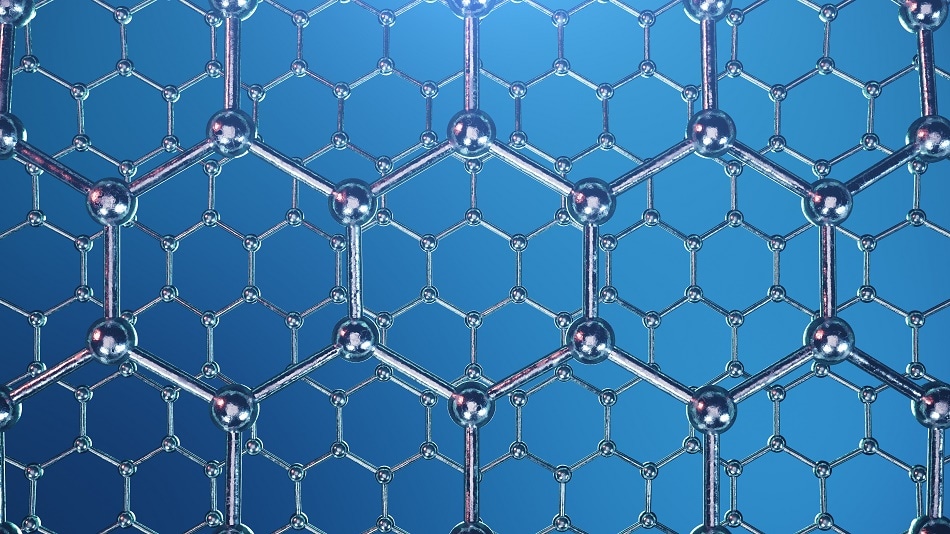 Image credit: Rost9 / Shutterstock.com
Image credit: Rost9 / Shutterstock.com
Australian graphene product supplier First Graphene has teamed up with the University of Manchester, in the UK, to collaborate on a project with the aim to innovate new energy storage materials in order to address the growing demand for reliable stores of power to support renewables.
Among the ambitious plans the team has is the goal to use a graphene-hybrid material to develop a new class of high-performance capacitors.
This is not the first time the two thought-leading organizations have teamed up. They will now expand on their previous work and focus on making metal oxide decorated graphene materials with high gravimetric capacitance. Research that has previously come out of the University of Manchester has shown its success in developing high capacitance materials up to 500 Farads/g.
These materials have surpassed similar ones currently on the market. In addition, the team will use a manufacturing process that will be a development of the one used by First Graphene in its project of the 100 tonne per annum plant in Henderson, Western Australia.
Supercapacitors Key for Renewable Energy Adoption
The future of energy production for the planet relies on the new technologies that are being developed by today’s researchers. Fossil fuels are not only damaging the environment through emitting harmful emissions, but even if we wanted to, there simply isn’t enough of the resource left to continue to meet the growing demand for energy. As the population and adoption of technological devices grow, so does our need for power, and renewables are being seen as the key to future energy supply.
A key barrier to widespread adoption of renewables, however, is their intermittent nature. In order to provide a constant and reliable source, new breeds of energy storage systems need to be developed. Experts reveal that an enormous volume of energy storage solutions are required in order to create a 100% renewable energy grid.
What First Graphene and the University of Manchester are working towards is the development of energy storage materials that can be used in supercapacitors, which would have the capability of dispensing energy and charging in very short periods. Currently, the market for this kind of technology is growing at 20% a year, demonstrating the rapidly growing demand for energy storage solutions.
Incorporating Graphene
Graphene, which is essentially a single layer of single atomic layer of graphite, has caused an impressive stir since it was first discovered in its stable form in 2004. All industries have been dedicating research into its potential applications due to its remarkable properties of being incredibly strong while being flexible, as well as having excellent heat and electricity conducting properties. It’s these properties that have made graphene the key focus of developing a new supercapacitor material.
Development of a New Breed of Material
First Graphene is not unfamiliar with working with world class institutions. The company has made significant strides forward in the field of graphene production through forming partnerships to accelerate development in this area.
The study that First Graphene and the University of Manchester plan to get underway will benefit from First Graphene’s knowledge in electrochemical materials processing to produce high gravimetric capacitance materials at scale. This initial program is receiving funding from the UK government. Following success at this stage, First Graphene plan to continue working with the University of Manchester in order to establish their new materials with supercapacitor manufacturers.
Implications
This partnership is expected to be fundamental in helping to accelerate the development of essential devices to support the renewable energy revolution. The project is also part of a wider initiative in the Manchester area, where they are making steps to creating a unique ecosystem, ‘Graphene City’. What First Graphene and the University of Manchester achieve here will demonstrate how graphene can play an important role in improving energy storage solutions, leading the way to developing infrastructure for the future of renewable energy use.
Disclaimer: The views expressed here are those of the author expressed in their private capacity and do not necessarily represent the views of AZoM.com Limited T/A AZoNetwork the owner and operator of this website. This disclaimer forms part of the Terms and conditions of use of this website.